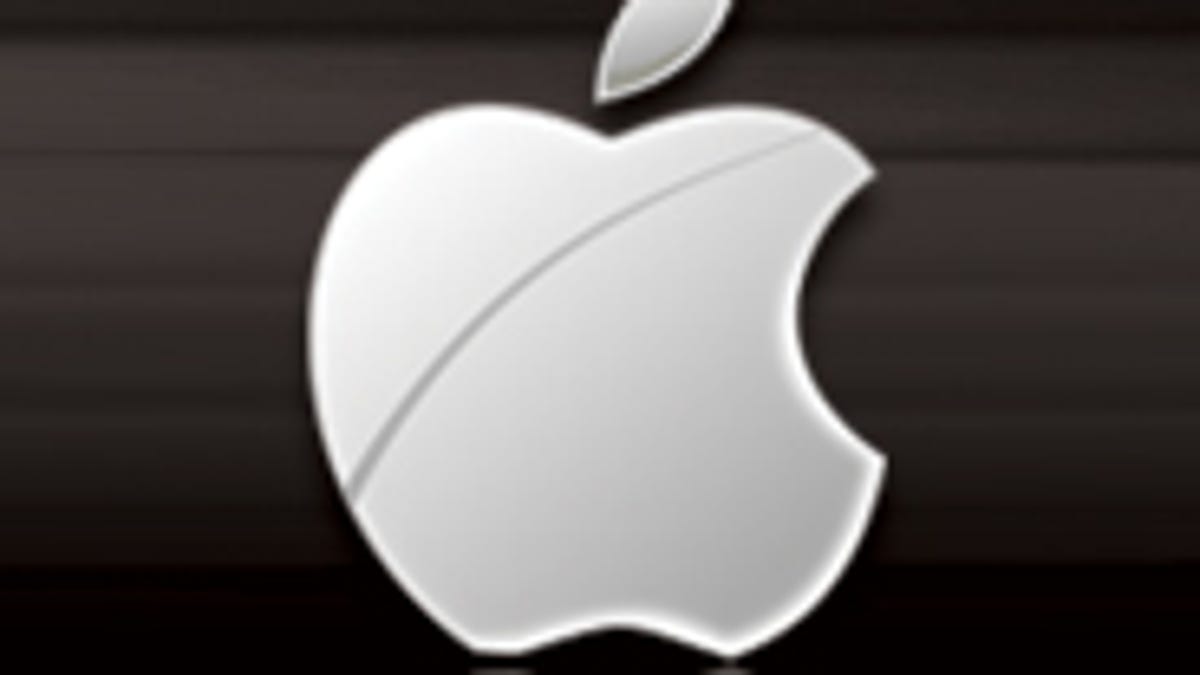Report: Apple to stick with Intel for MacBooks
A technical Web site argues that Apple will not switch from Intel to the chips that power its iPhone and iPad anytime soon.

A technical Web site posted an article yesterday asserting that Apple will not replace Intel processors with an alternative design anytime in the next two to three years.
This follows a report on a chip rumor site last week that claimed Apple is "dumping" Intel and switching to chips based on the ARM design, the same silicon used in the iPhone and iPad. That report said the transition would happen in that time frame.
While acknowledging Apple's history of transitions to new chip architectures and the ostensible motivations for moving to ARM, Real World Technologies' David Kanter argues that it won't happen for a long time (beyond three years), if at all.
Some salient points from the article:
Performance: Chips based on the ARM design, such as Apple's A series processors, won't be able to deliver the necessary performance to keep pace with Intel's x86 chips, according to Kanter. And, despite ARM's vaunted power efficiency, that may not be a big advantage as ARM chips get faster. "There is no reason to believe that these efficiency advantages will scale for high-performance designs," the article said.
Thunderbolt: The high-speed connection technology that Apple uses on its MacBook Pros and iMacs is based on Intel intellectual property: IP that the chipmaker is unlikely to license to ARM, Kanter said. "Moreover, it seems unlikely that Apple would have consented to such an arrangement if they were planning to abandon x86 in the near future," according to Kanter.
Expertise: Echoing comments from Ashok Kumar, an analyst at Rodman and Renshaw, Kanter said that Apple is not a chip designer by nature and does not have the expertise to develop the very-high-performance chips required for MacBooks. Though past acquisitions of chip firms PA Semi and Intrinsity did give it "some chip expertise," there isn't a lot of evidence that "their teams are prepared for a much larger and more complex project."
Gratuitous complexity: By adopting ARM chips for its MacBooks, Apple would consequently "split" its computer lineup: ARM for laptops and x86 for desktops, according to Kanter. That would result in unnecessary overhead for both Apple and consumers. "That would increase their validation and support costs to deal with different hardware and software," Kanter said.
Down the road, maybe: In the long term, anything can happen. "Over 5-10 years, though, many of the technical and business hurdles may change," he wrote. If an alternative chip design with clear advantages appeared, Apple would bolt to the new design with little hesitation--not unlike 2006, when Apple announced it was switching from IBM's and Motorola's PowerPC processors to Intel's because of the latter's undisputed power and performance advantages. ARM could find itself in the same position of power at some point. "The ARM ecosystem is moving forward at a rapid pace, and Apple is watching carefully," Kanter wrote.

